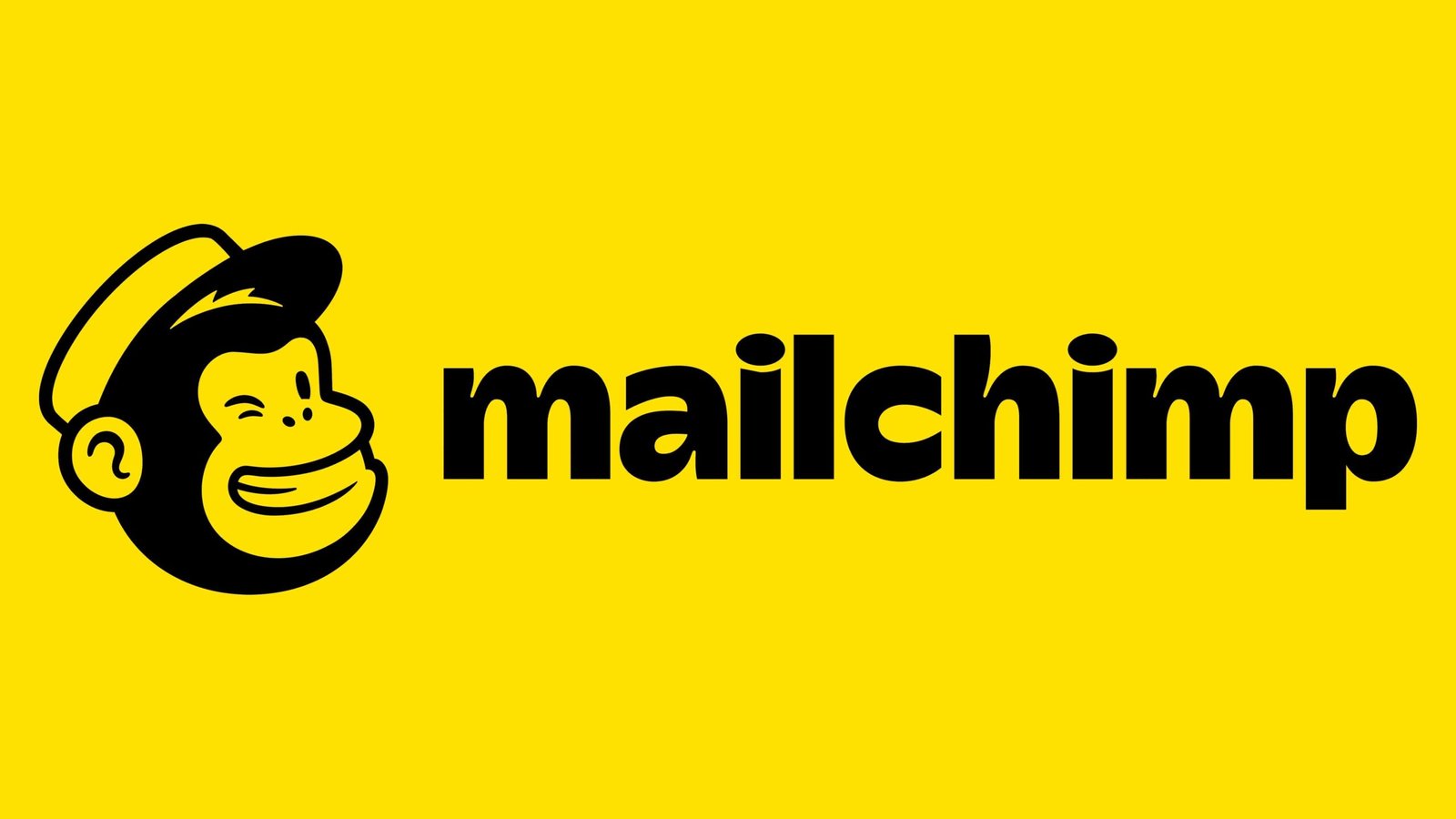Distributed VCS with patch-based workflow.
Pijul is an innovative, open-source distributed version control system (DVCS) designed to offer a new approach to managing changes in source code. Developed with a focus on simplicity, security, and flexibility, Pijul uses a unique patch-based model to track changes, which differs fundamentally from traditional commit-based systems like Git or Mercurial. Pijul’s approach aims to make merging easier, reduce conflicts, and better represent the true structure of changes over time. Inspired by principles from mathematics and category theory, Pijul provides an alternative solution to managing repositories that is intuitive for developers and aims to overcome some limitations of existing version control systems.
Key Features:
- Patch-Based Version Control: Tracks changes as patches rather than as snapshots (commits) of the entire repository, allowing for more granular control over changes and more accurate merging.
- Efficient Merging: Implements a sophisticated algorithm for automatic merging that aims to minimize conflicts, making the merging process smoother and less error-prone.
- Fully Distributed Model: Each developer has a complete local copy of the repository, including its full history, enabling offline work and decentralized collaboration without relying on a central server.
- True History Representation: Pijul’s patch-based approach accurately represents the real history of changes, allowing developers to merge, apply, or revert changes with less complexity and better context.
- Intuitive Conflict Resolution: Offers tools for intuitive conflict resolution, with visual feedback to help developers understand and resolve conflicts more effectively.
- Lightweight and Simple to Use: Designed to be easy to learn and use, with straightforward commands and a minimalistic interface that reduces overhead for developers new to version control.
- Cross-Platform Compatibility: Available on multiple platforms, including Linux, Windows, and macOS, ensuring developers can use Pijul in various development environments.
- Security-Focused: Utilizes cryptographic hashes and strong authentication mechanisms to ensure the integrity and authenticity of changes, enhancing security and trust in code contributions.
- Active Development and Community Support: Actively developed with contributions from an open-source community, ensuring continuous improvement and adaptation to developer needs.
Benefits:
- Reduces Merge Conflicts: The patch-based model and advanced merging algorithms reduce the frequency and complexity of merge conflicts, saving time and effort in collaborative projects.
- Simplifies Version Control: Pijul’s straightforward interface and simplified workflows make it easier for developers to manage changes without needing deep knowledge of complex version control concepts.
- Supports Decentralized Collaboration: Fully distributed model allows developers to work offline and collaborate without needing a central server, providing flexibility for teams with remote or independent contributors.
- Accurately Represents Changes: Patch-based tracking offers a true representation of the history of changes, making it easier to understand the evolution of the codebase and its dependencies.
- Security and Integrity: Focuses on the security and integrity of code changes, ensuring that all patches are authenticated and the repository history remains trustworthy.
Strong Suit: Pijul’s strongest suit is its innovative patch-based approach to version control, which provides a more accurate representation of changes, reduces merge conflicts, and simplifies the process of managing a repository, making it ideal for projects with complex merging requirements or distributed teams.
Pricing:
- Free: Pijul is open-source and completely free to use under the GPLv2 (GNU General Public License).
Considerations:
- Less Mature than Established Systems: As a relatively new version control system, Pijul is not as mature or widely adopted as systems like Git or Mercurial, and may lack some advanced features, third-party integrations, or community resources.
- Smaller Community and Ecosystem: Compared to more established VCS tools, Pijul has a smaller user base and fewer integrations, which may limit support and resources.
- Learning Curve for Traditional Users: Developers familiar with traditional commit-based systems like Git may need some time to adjust to Pijul’s patch-based model and its unique workflow.
- Ongoing Development: Being actively developed means that Pijul is continuously evolving, which can lead to changes in functionality or instability in certain releases.
Code review tool built on top of Git.
Version control for enterprise software development.
Open-source collaboration platform with VCS.
Summary: Pijul is a next-generation distributed version control system that offers a novel approach to managing changes using a patch-based model, providing better conflict resolution, true history representation, and a simpler workflow. It is ideal for developers and teams looking for an alternative to traditional VCS tools, especially in environments with complex merging requirements or distributed collaboration. While it is less mature and less widely adopted than other tools, its innovative design and active development make it a promising choice for developers interested in exploring new approaches to version control.














